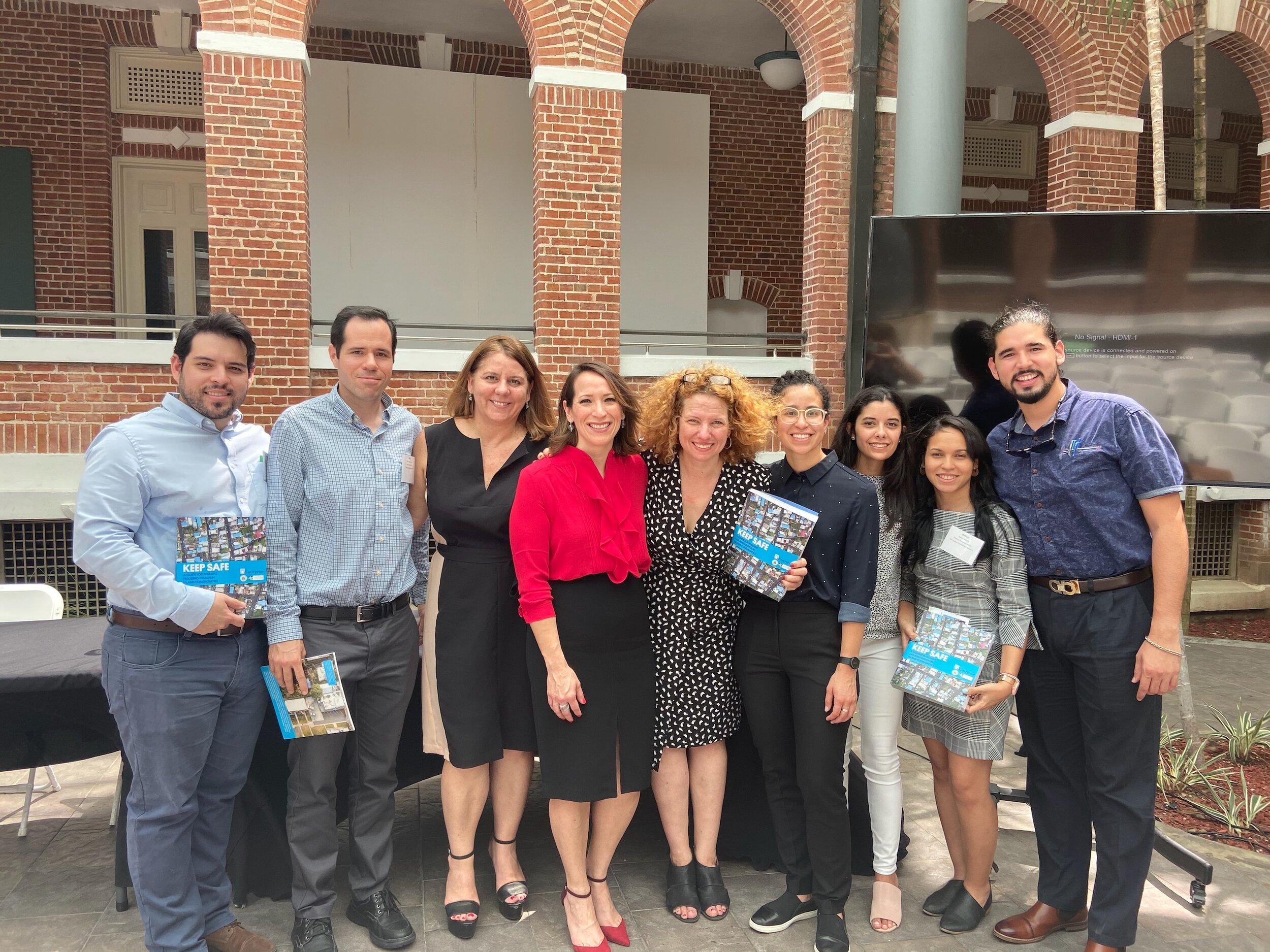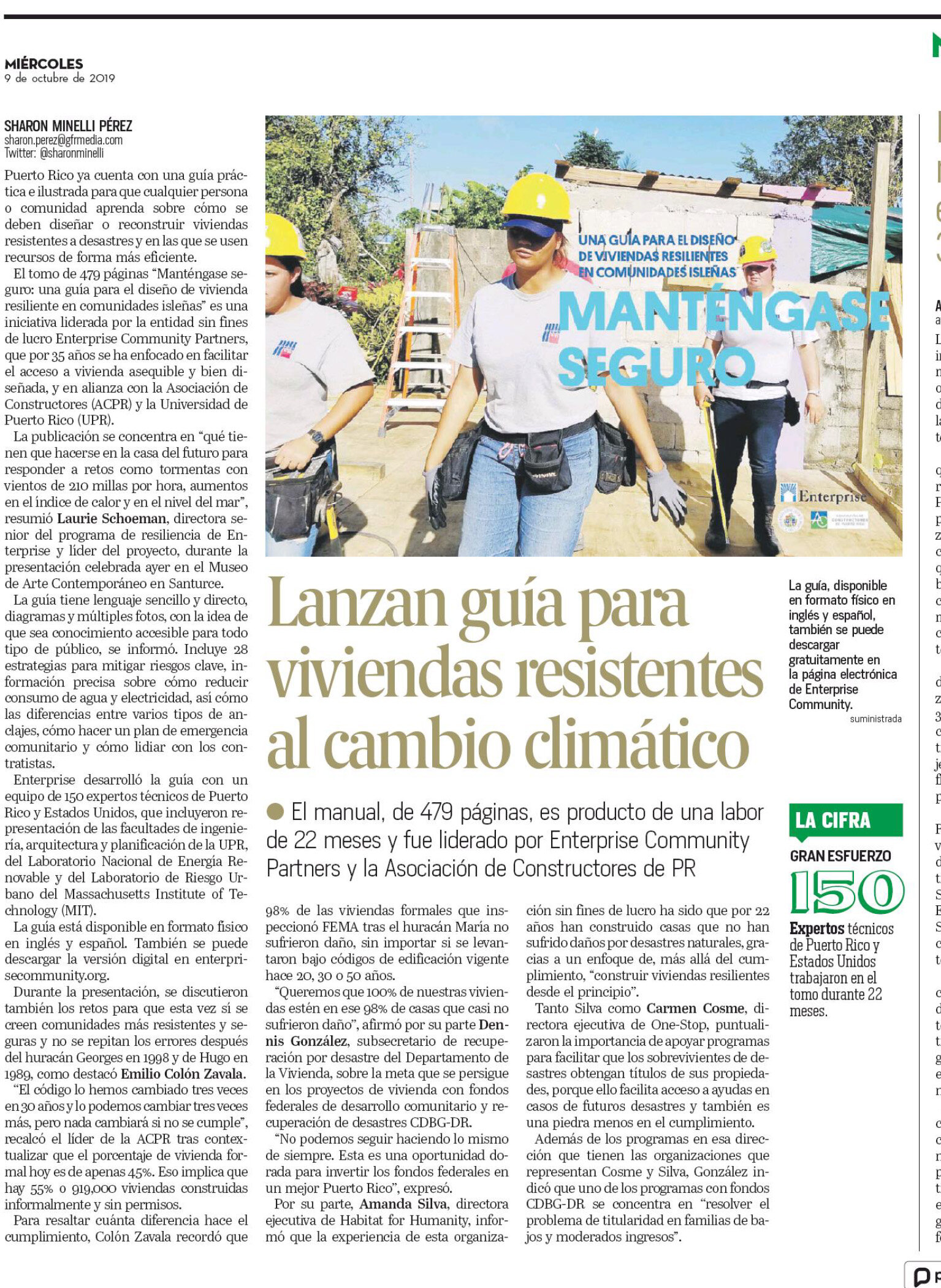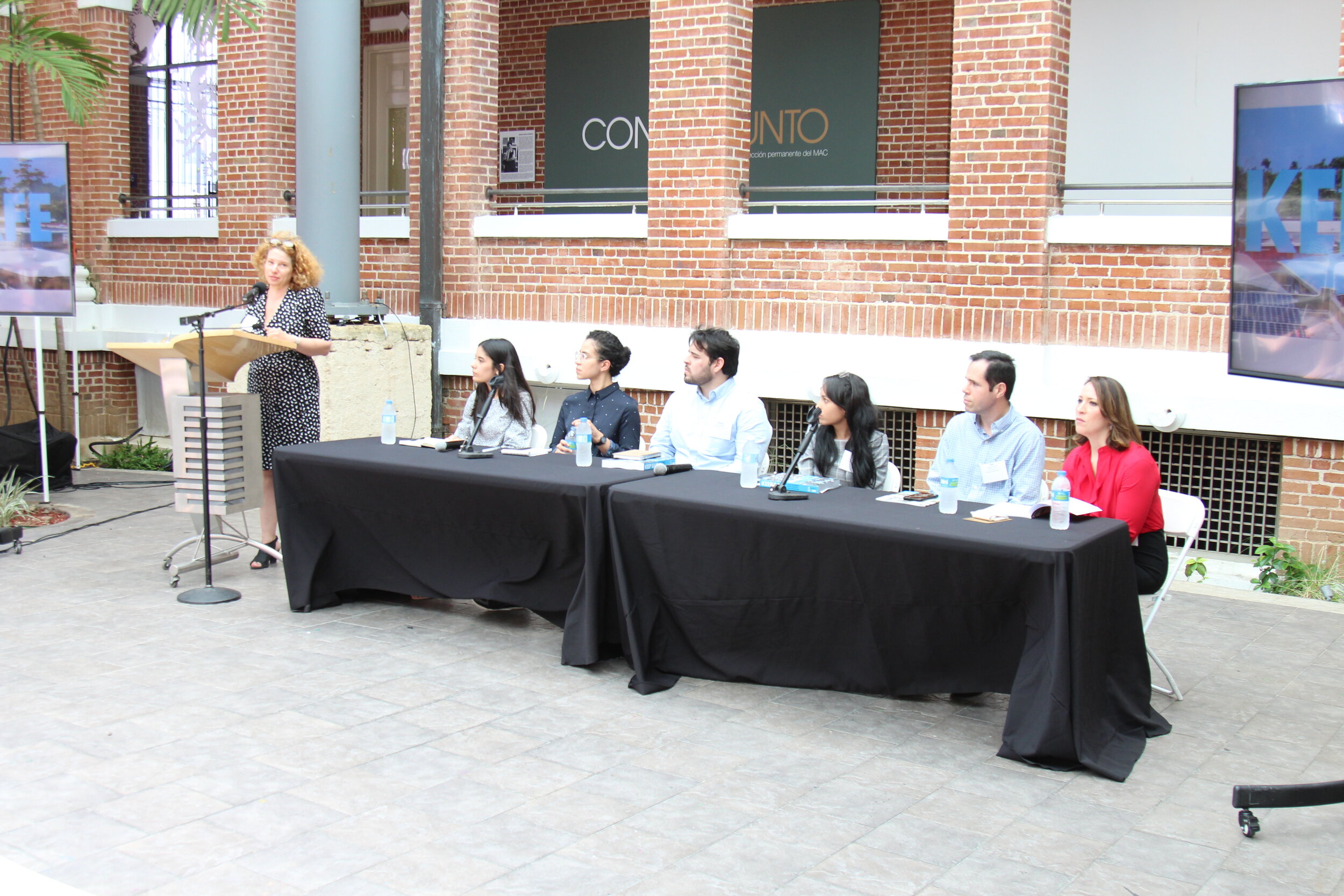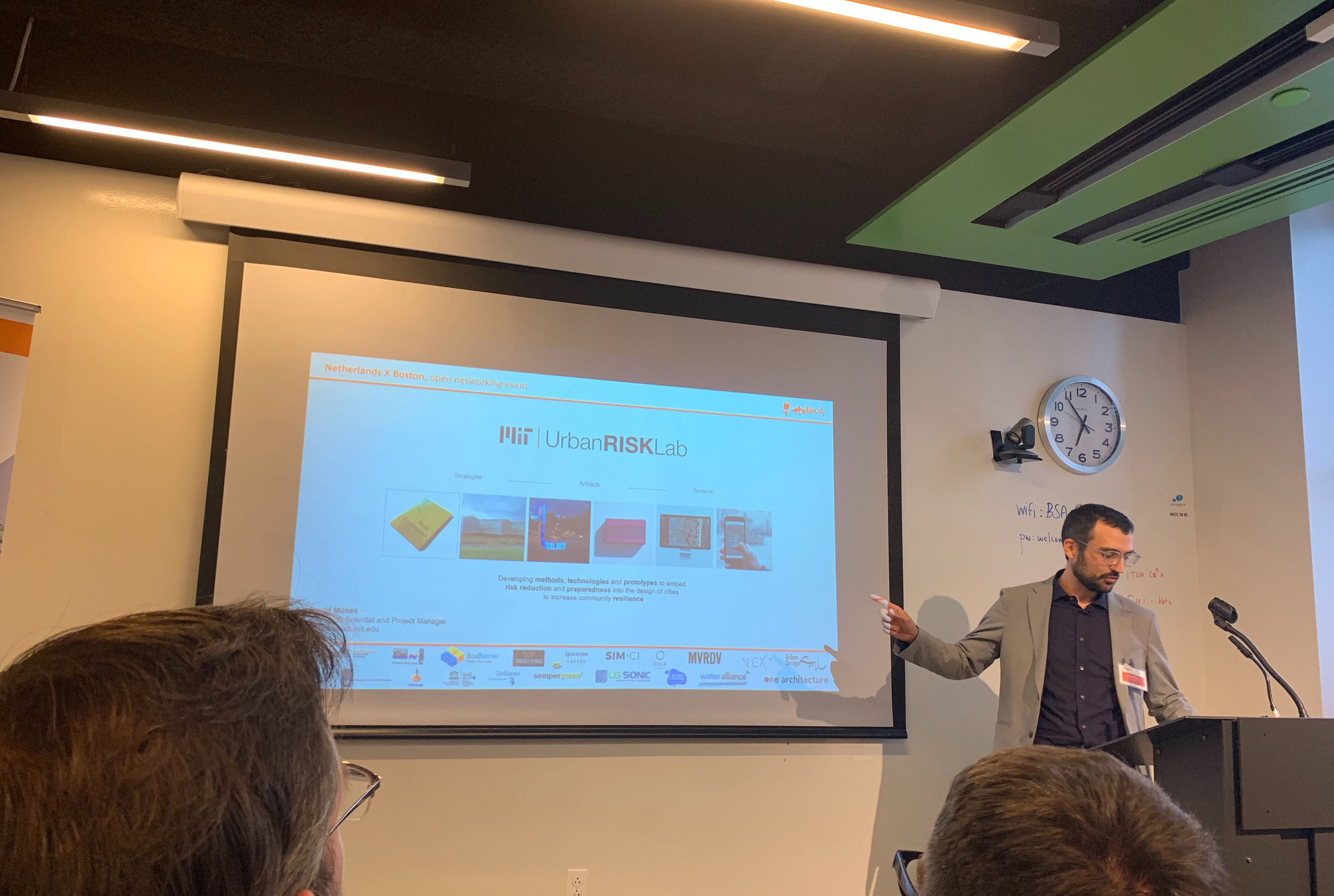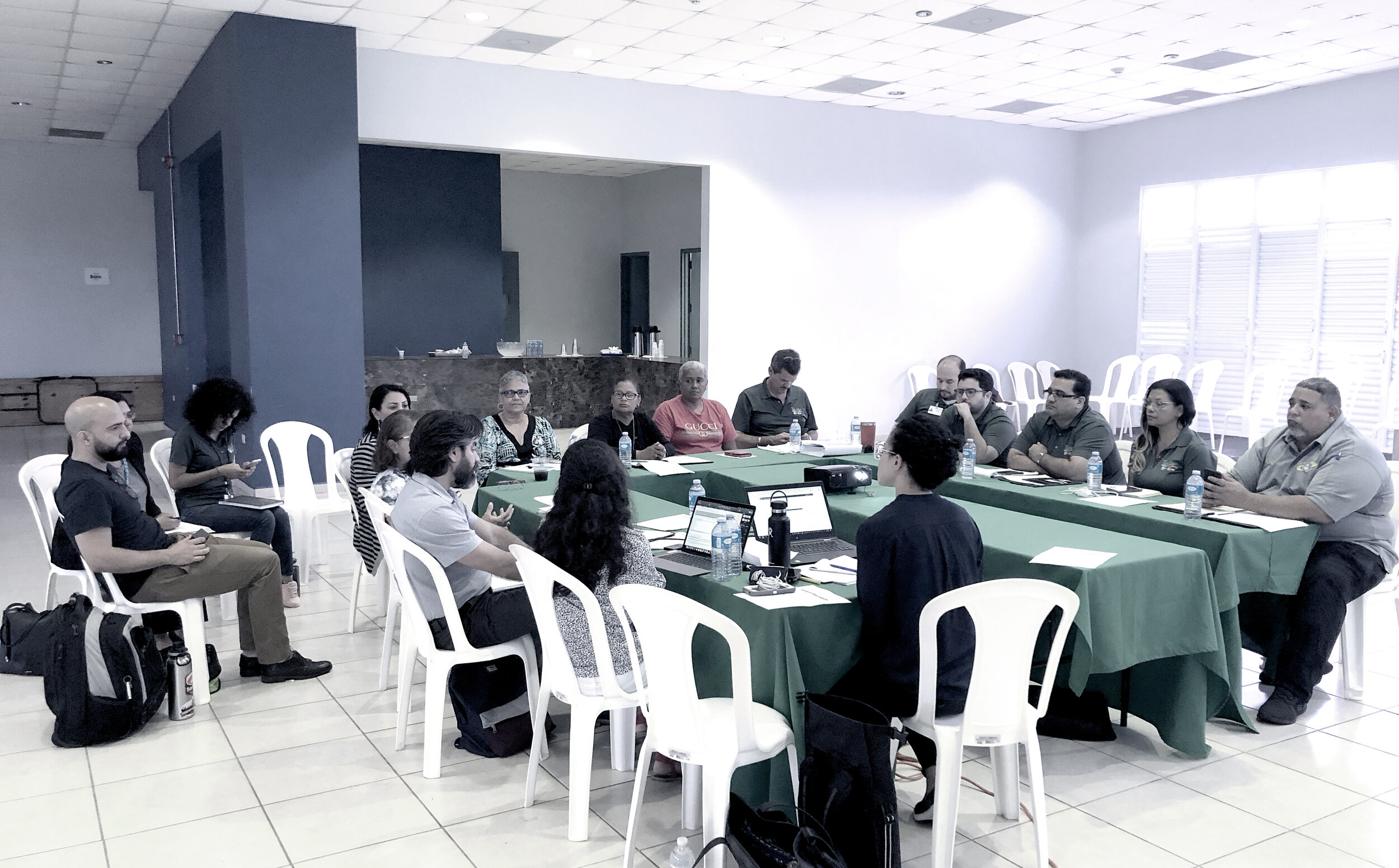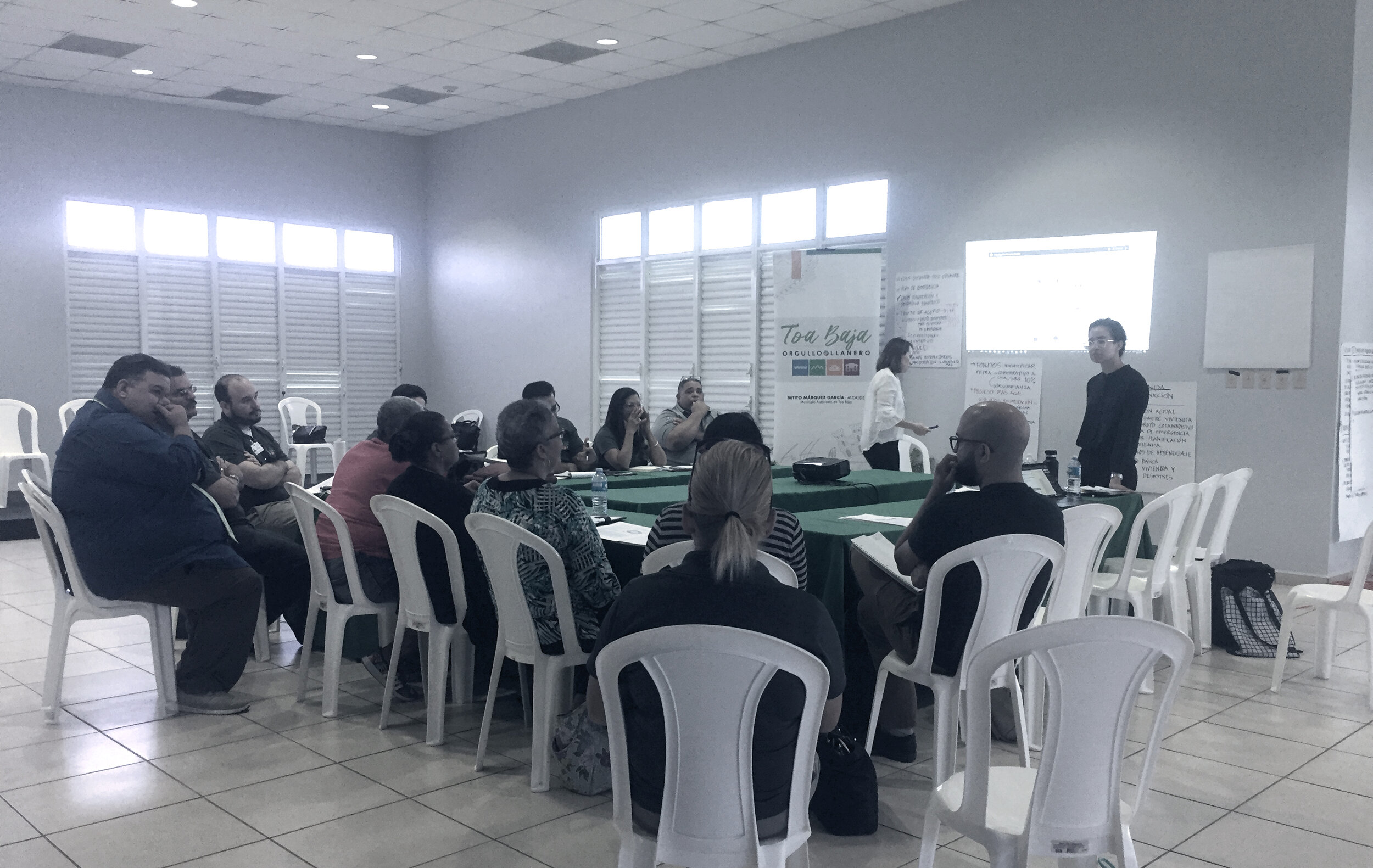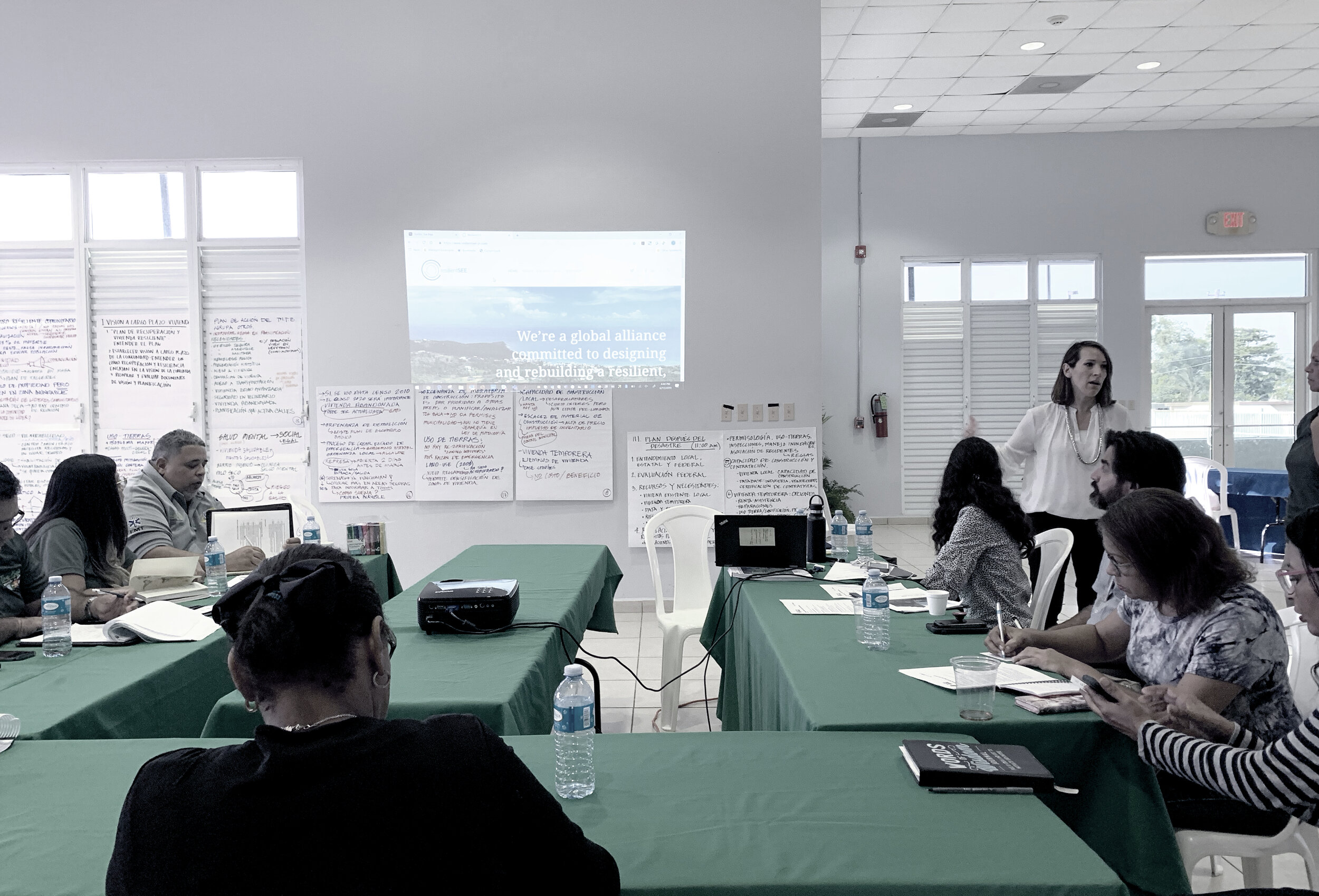October 8th, 2019
Keep Safe - A Guide to Resilient Housing Design and Construction is a new manual for safe, resilient housing construction for Puerto Rico, the Virgin Islands, and the Florida Keys developed in the aftermath of Hurricane Maria. Enterprise Community Partners led a large team, including the University of Puerto Rico School of Architecture and Planning, the Puerto Rico Homebuilders Association, Perkins and Will, and the MIT Urban Risk Lab, among others, to develop a comprehensive manual for rebuilding in the Caribbean in the most sustainable, long lasting way in the face of escalating hazards due to climate change. The manual features strategies on resilient energy and water systems for homes; protection of roofing and structural systems; strategies to enable habitability of homes without power; strategies to embolden communities and how to implement strategies outlined through code compliance and funding.
Our contribution, led by Larisa Ovalles with extensive contributions by Jean Carlos Vega Diaz, was the introductory chapter on Puerto Rico’s hazards, risks, and vulnerabilities to disaster. It includes both a survey of disasters on the island stretching back 100 years and a projection of future hazards due to climate change.
The book will be released to the public on October 8, 2019, at the Museum of Contemporary Art in San Juan, PR.


